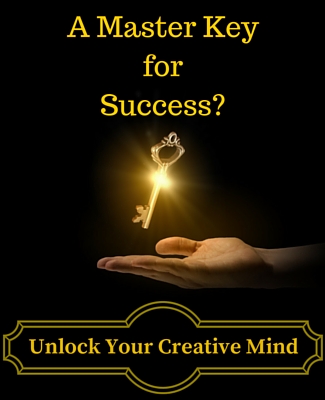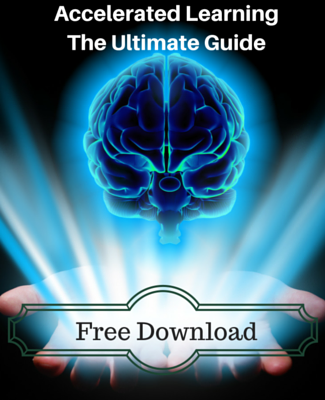A “Sucker’s Choice”

Question: What do these all have in common?
- Left Wing or Right wing
- “You’re either ‘in’ or ‘out’”
- Black or white
- All or nothing
- Right or Wrong
- “It’s my way or the highway”
- Capitalism or Socialism
- Science or Religion
Answer: There all examples of a Sucker’s Choice.
A sucker’s choice happens any time we come to a fork in the road, and it seems like there are only two options. The problems seems to be a dichotomy. If we choose one, we forego the other.
Most of the time when we face such a dilemma, if we look a little harder we can find a slew of alternative possibilities.
All or Nothing
Our brains have incredible capabilities of induction and reason. We can create new tools to solve abstract and difficult problems. However, our brains are naturally lazy, or at least like to conserve energy.
They don’t like to do any more heavy lifting than is necessary. So before we waste our precious time and energy, first the brain decides if it can easily categorize the situation or dismiss it outright.
The results of such thinking are an ancient bias we might call “all or nothing.” Our primitive minds want to put something cleanly and clearly in one single category so we don’t have to think about it anymore.
This “in or out” categorical thinking makes it seem like we have to make a single choice between two distinct and opposing options. This is the sucker’s choice, and guess who’s the sucker…
Reality is Nuanced
Almost nothing is so cut and dry as our brains would like to make it out to be. We want the world to be easily categorizable like hero’s and villains of a Marvel Comic.
The truth is that no one is all good or all bad. We all have vices and virtues. It’s this diversity and nuance that makes existence so delicious and precious in the first place.
There is almost never only two ways to deal with a situation. If you come to a situation where this seems to be the case, then consider the possibility that you might not be working hard enough to find alternatives.
Synthesis, Not Compromise
Sometimes we combine two or more solutions to the detriment of them all. This is a compromise. We all give a little, and no one ends up satisfied with the results. It’s worse than a 0 sum game because we all feel like we’ve given more than we’ve received. Everyone leaves feeling “owed”.
The real trick: Can we find a solution where we all come out ahead? Is there a way for us to combine our forces and all leave feeling like we’ve gained something in this deal?
That is Synthesis. And when we unlock it’s power we can take our lives to the next level. As a good friend of mine, and Tibetan Refugee, once told me, “When we do good things, everybody wins.”
The Dialectic
This is an old philosopher’s tool and Hegel even argued that this process is the driving force of spirit moving through history. It’s always evolving, transforming, and leading to new emerging qualities.
The dialectic goes as follows. Someone makes a point: thesis. Someone makes a counterpoint: Antithesis. Then these two points integrate their strengths and reduce their weaknesses: synthesis.
This is what Steven Covey meant when he advised us not to accept a win/lose or a lose/win scenario. Go for the Win/Win.
Taking Action: Notice False Dichotomies
The best way to put this to use is to simply try to catch yourself whenever it seems like the world has left you with only two options.
Two Lover’s are pursuing you… who should you choose, one or the other?…. Maybe neither of them is right. There are countless “fish in the sea.”
Should you focus on diet or exercise for health?…. Both is stronger than 1: combine and really accelerate your health.
“Should I stay at my old job or take the entrepreneurial leap and start my own business?”…. who said you can’t start your new business on the side while getting started?
The point is this: you always have options. All you need to know is how to look. Don’t be a sucker, find many options and take the best one.
Comments are closed.


